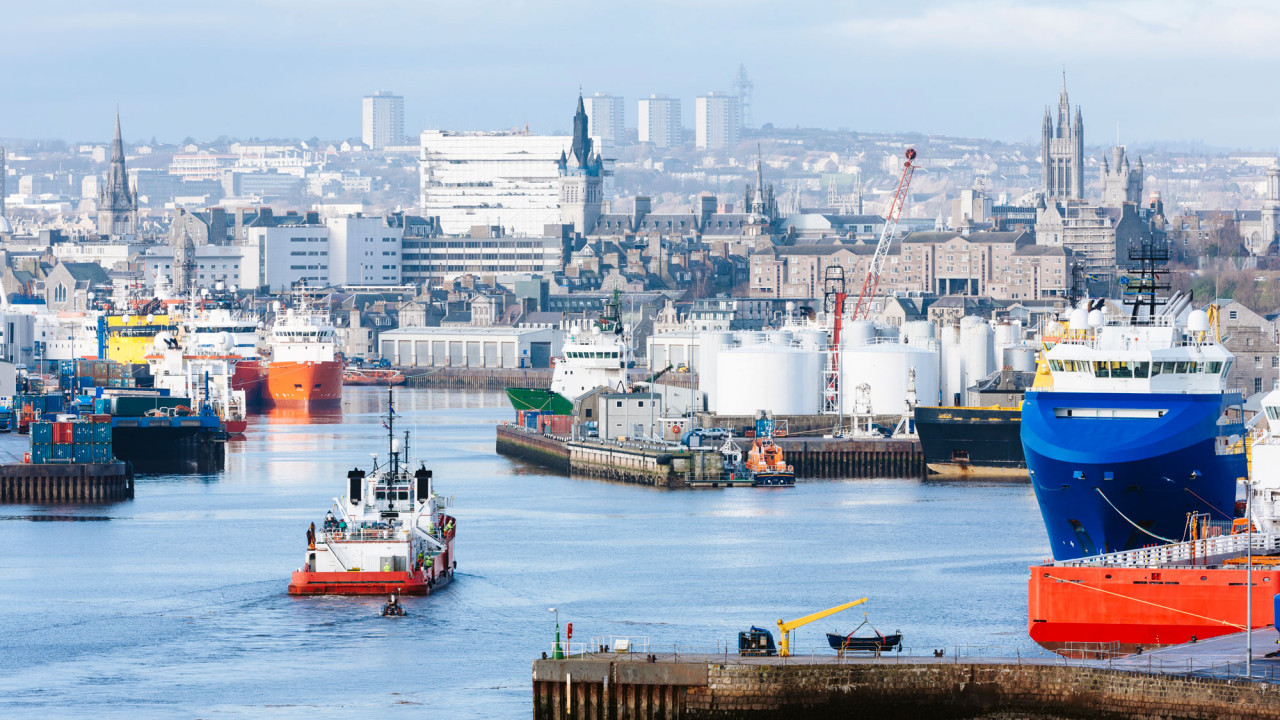Aberdeen City Council, bp inks JV pact to develop city H2 hub
Aberdeen (Scotland) City Council and bp have announced that they have signed an agreement to form a joint venture partnership that will deliver a scalable green hydrogen production, storage, and distribution facility in the city powered by renewable energy. The Aberdeen Hydrogen Hub is to be developed in three phases in response to growing demands for hydrogen.
Phase one, which involves the delivery of a green hydrogen production and transport refueling facility powered by a solar farm, is targeting the first production from 2024, delivering more than 800 kilograms of green hydrogen per day—enough to fuel 25 buses and a similar number of other fleet vehicles.
Aberdeen City Council and bp—which will operate the joint venture under the name bp Aberdeen Hydrogen Energy Limited—have committed £3 million (US$3.9 million) for initial design work with a final investment decision for the phase one facility build expected in early 2023.
Future phases could see production scaled up through further investment to supply larger volumes of green hydrogen for rail, freight, and marine, as well as supply of hydrogen for heat and potentially export. This expansion would be enabled by the expected increased availability of local renewable energy sources, including developments that emerge from the ScotWind offshore wind leasing round.
The Aberdeen Hydrogen Hub program will support Aberdeen City Council's ambitions to create a climate-positive city and build inclusive growth through supporting hydrogen supply chain development, skills and training, and wider community benefits.
A study commissioned by Aberdeen City Council on the growth in demand for hydrogen power estimates that if the hydrogen hub enables the export of renewable hydrogen, then up to 700 skilled jobs could be created in the hydrogen industry by 2030.
Partnering with cities and corporates as they shape their paths to net zero is a core part of bp's strategy. bp expects to partner with 10-15 cities globally by 2030 to provide innovative, integrated, and decarbonized energy solutions at scale to help them achieve their goals of net-zero emissions. bp also aims to capture 10 percent of the low carbon hydrogen market in key geographies by 2030.
Aberdeen City Council embarked on its hydrogen journey more than 10 years ago and has already demonstrated how demand can be created within cities, using the zero-emission fuel to power a fleet of 25 buses, 60 public sector vehicles, and waste trucks, as well as the P&J Live events complex. More than 2 million passengers have traveled on the city's hydrogen buses, and CO2 savings to date are more than 100 tonnes over the past six years.





















